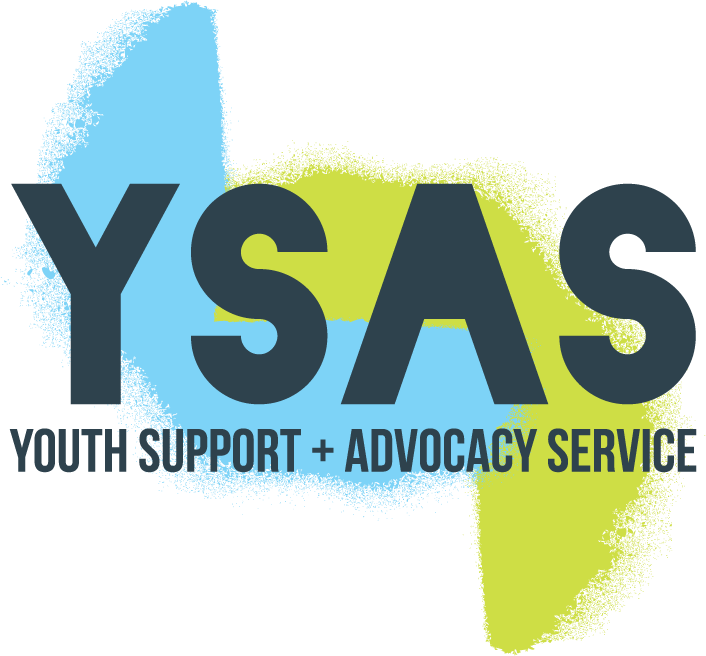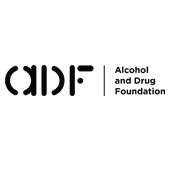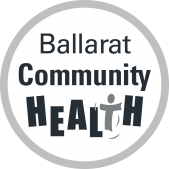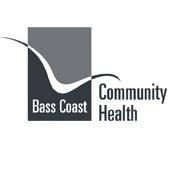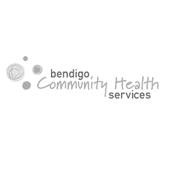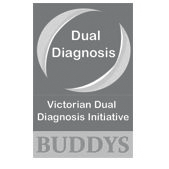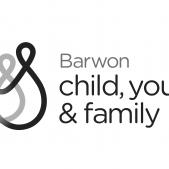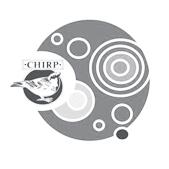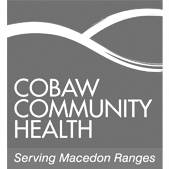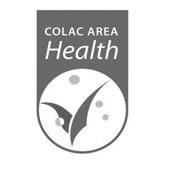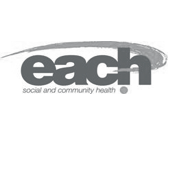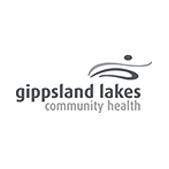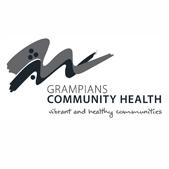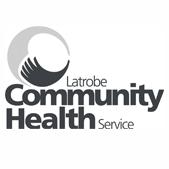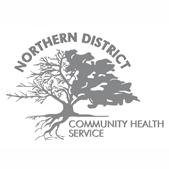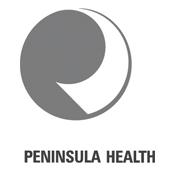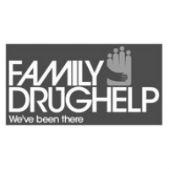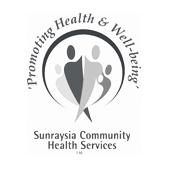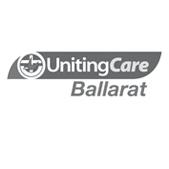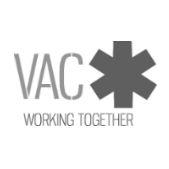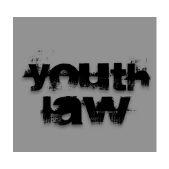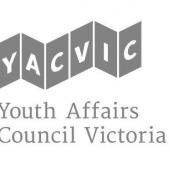Understanding Youth AOD
How do drugs become a problem?
We are always hearing about the power of certain drugs and how young people’s lives are being ruined by drugs. So why do some people use drugs but never have problems whereas others do?
There is no single reason why drugs become a problem for some students and every young person who develops problems has a slightly different experience or story. But one thing is for sure, drug problems don’t develop just because of “bad luck” or because a student makes the “wrong choices”. Instead there are many factors that influence a young person’s potential for developing a drug related problem.
It is important to understand this so that an empathetic and understanding approach is promoted when teachers are supporting students. Even if the exact range of factors and circumstances that led to problems is not obvious it is still really useful to understand that most young people who develop drug problems tend to use because their use has meaning for them and a function. Beyond fun and recreation, drugs or alcohol help them in other ways. For instance, lots of young people tell us that their use of drugs or alcohol because it helps manage or stop unpleasant thoughts and feelings such as those related to anxiety.
Students who find drugs are helping them manage things like intrusive and traumatic thoughts or anxiety, are likely to want to use them more. This is understandable but unfortunately, drug use can create some issues of its own – fighting with family, falling behind in school, health issues and money troubles. These issues can increase anxiety and unpleasant feelings and so a young person uses more drugs. A cycle develops in which drugs become both the problem and the solution.
Even when it may seem obvious to an adult that this occurring, young people tend to think in shorter term and even young people with drug or alcohol problems are generally doing their best to manage.
No one ever chooses or tries to have a drug problem and young people with problems need support and understanding. Check out ways you can help.




